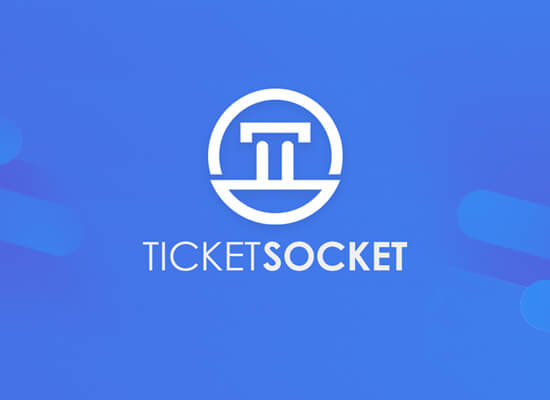


TicketSocket - Microsoft SQL Server and Mongo Database on Azure to Amazon Aurora

Customer: TicketSocket
Headquarters: Newport Beach, California
Industry Vertical: Ticketing SaaS and Data Analytics Platform
The Challenge
TicketSocket, an Independent Software Vendor (ISV), is transforming the way companies use ticketing, with a white label software platform that any business can use to integrate into their website or application, enabling it to sell and redeem tickets, and as well as process registrations and credit card transactions with total control. Additionally, TicketSocket is providing their customers with AWS based data analytics and reporting. TicketSocket also provides their customers with the ability to perform deep, Artificial Intelligence-based, social analytics of their customers’ end users, business influencers and movers, and key social/business metrics for competitive intelligence to better enhance their business.
The organization was facing a number of efficiency challenges in executing this strategy, and they came to mLogica for help.
- TicketSocket had data scattered across multiple data centers and data providers, and stored in multiple databases (SQL Server and MongoDB), resulting in massive inefficiencies.
- While many enterprise-grade software packages make use of multiple technologies, using MongoDB for data storage in this case was an incorrect choice since it is eventually consistent and ticketing systems require immediate consistency. In addition, the complex design of the data store required many joins which, again, was difficult on Mongo.
- TicketSocket’s front end was housed entirely on Amazon AWS, while the back end is on Microsoft Azure. This makes it impossible to gain efficiencies of costs and scale (on either platform), resulting in their paying significantly more collectively than necessary.
- Complicated logging and logging retrieval tools were being used, resulting in data scattered across different systems, and adding unneeded complexity to reviewing logs.
The Solution
The mLogica team proposed and implemented a more optimized reference architecture with a number of system and software changes, including:
- Updating the system to use Aurora as the database and mapping MongoDB and SQL Server data types to Aurora
- Writing a new script to generate Aurora schema based on SQL Server and documents stored in MongoDB, and another to move the data from MongoDB and SQL Server to Aurora while updating all codes to work with Aurora
- Changing TicketSocket’s existing complex logging system to AWS’ built in logging system for greater efficiency and updating code to use Redis for improved performance
- Migrating from disparate data and service providers to AWS, gaining economies of scale and enabling load balancing and auto-scaling on updated Amazon services
The Benefits
Working in conjunction with mLogica Technology and the AWS ISV Migration teams, TicketSocket will be providing their customers a resilient, cost-efficient and highly secure cloud infrastructure, thereby facilitating rapid new functionality development, advanced analytics and reporting, smoother ongoing operations and best practices governance.
With a high-performing application environment on AWS with uniformity of network class, simplicity of structure and rapid scalability, customers will experience a fast, no-disruption interface which would encourage large scale adoption.








































